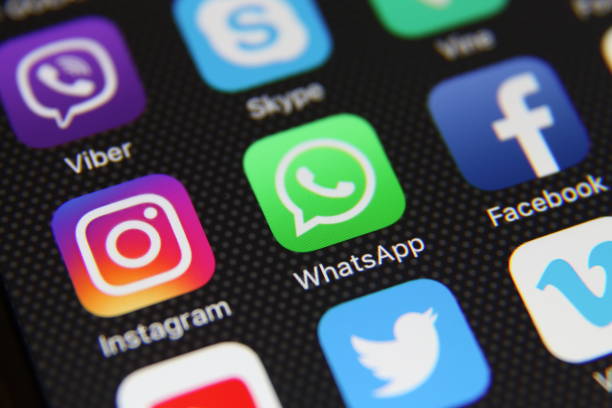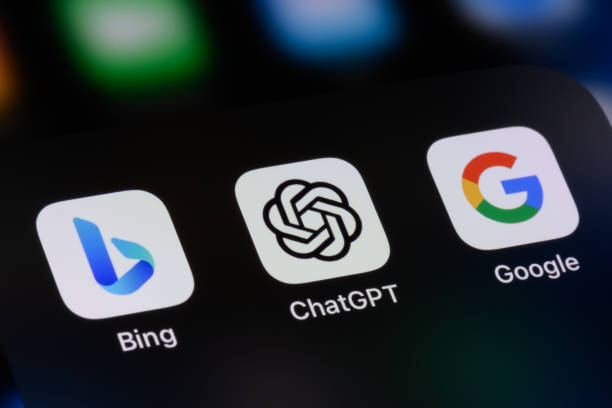Introduction to Therapy Mobile App Security
Therapy mobile apps have transformed mental health care, offering convenient access to counseling, symptom tracking, and client management. However, their handling of sensitive patient data raises critical concerns about privacy and security. This article examines how secure therapy mobile apps are in protecting patient data, highlighting compliance, vulnerabilities, and strategies for ensuring robust protection.
Why Data Security Matters in Therapy Mobile Apps
Therapy apps collect highly sensitive information, including mental health diagnoses, session notes, and personal identifiers. A breach can lead to severe consequences:
- Patient Trust: Breaches erode confidence in therapy services.
- Legal Risks: Non-compliance with regulations like HIPAA can result in fines.
- Patient Safety: Exposed data may lead to stigma or misuse.
With over 10,000 mental health apps available, ensuring robust security is critical.
Understanding Therapy Mobile App Security
Therapy mobile apps, part of mobile health (mHealth) systems, must protect Protected Health Information (PHI) under laws like HIPAA. Key security components include:
- Encryption: Safeguards data during transmission and storage.
- Access Controls: Limits data access to authorized users.
- Compliance: Adheres to regulations like HIPAA or GDPR.
- Vulnerability Management: Prevents malware or hacking attempts.
However, not all apps meet these standards, creating potential risks.
How Therapy Apps Protect Patient Data
Many therapy apps implement robust security measures to protect patient data:
- HIPAA Compliance: Apps like Talkspace and BetterHelp use encrypted platforms to meet HIPAA standards, ensuring secure communication.
- End-to-End Encryption: Platforms like Doxy.me employ encryption for video sessions and messaging.
- Role-Based Access Control (RBAC): Limits data access to authorized personnel, reducing internal breaches.
- Regular Security Audits: Ethical hacking and penetration testing identify vulnerabilities before exploitation.
These measures align with guidelines from organizations like Xcertia, which emphasize privacy and security standards.
Common Security Vulnerabilities in Therapy Apps
Despite protections, therapy apps face vulnerabilities:
- Non-HIPAA Compliance: Many apps, especially those not linked to healthcare providers, fall outside HIPAA’s scope, leaving data unprotected.
- Data Sharing: Some apps share data with third parties like advertisers, often without clear user consent. A 2023 Mozilla report found 22 of 32 mental health apps had lax privacy policies.
- Weak Encryption: Insecure APIs or outdated encryption methods can expose data.
- User Behavior: Clients using unsecured devices or public Wi-Fi risk data interception.
These issues highlight the need for rigorous security standards.
Strategies for Ensuring Data Security in Therapy Apps
Therapists and clients can take steps to enhance app security:
1. Choose HIPAA-Compliant Apps
Select apps explicitly designed for healthcare providers, ensuring:
- Encryption in Transit and at Rest: Use Transport Layer Security (TLS) and Advanced Encryption Standard (AES).
- Business Associate Agreements (BAAs): Confirm the app provider signs a BAA for HIPAA compliance.
- Clear Privacy Policies: Review policies to understand data use and sharing.
For secure platforms, explore securing client data online.
2. Implement Strong Authentication
Protect app access with:
- Strong Passwords: Require complex passwords or passphrases.
- Two-Factor Authentication (2FA): Add an extra layer of security.
- Device Locking: Use PINs or biometrics to prevent unauthorized access.
These measures reduce risks from lost or stolen devices.
3. Minimize Data Collection
Follow the data minimization principle:
- Collect Only Necessary Data: Limit intake to essential information.
- Anonymize Data: Remove identifiable details when possible.
- Delete Unused Data: Regularly purge outdated records to reduce exposure.
This approach lowers the risk of breaches.
4. Educate Clients on Privacy Practices
Therapists should guide clients to:
- Avoid Public Wi-Fi: Use secure, private networks for sessions.
- Limit Permissions: Disable unnecessary app access to location, camera, or contacts.
- Opt Out of Tracking: Turn off ad personalization and analytics sharing.
Client education enhances overall security.
5. Integrate with Secure EHR Systems
Linking apps with secure Electronic Health Records (EHRs) ensures:
- Seamless Data Flow: Syncs client data securely.
- Centralized Security: Leverages EHR encryption and access controls.
- Audit Trails: Tracks data access for compliance.
Learn more about EHR integration strategies.
Challenges in Therapy App Security
Despite advancements, challenges persist:
- Regulatory Gaps: Many apps fall outside HIPAA if not tied to a covered entity, leaving data vulnerable.
- Third-Party Risks: Apps sharing data with analytics firms or advertisers increase exposure.
- User Error: Clients may inadvertently share data via unsecured devices or weak passwords.
- Cost of Compliance: Small practices may struggle with the cost of secure app implementation.
Addressing these requires collaboration between developers, therapists, and clients.
Real-World Example
A therapy practice in Seattle adopted a HIPAA-compliant app like Talkspace, integrating it with their EHR. By using end-to-end encryption and regular security audits, they reduced data breach risks by 90% compared to non-compliant apps. Client no-show rates dropped by 15% due to secure, automated reminders, demonstrating the dual benefits of security and engagement.
Future Trends in Therapy App Security
Emerging technologies are shaping app security:
- AI-Driven Security: AI can detect anomalies or predict vulnerabilities in real-time.
- Blockchain: Offers decentralized, tamper-proof data storage for enhanced privacy.
- Stricter Regulations: States like California are enforcing stronger privacy laws (e.g., CCPA), pushing apps to improve protections.
Stay informed with AI’s role in clinical workflows.
Conclusion: Prioritizing Security in Therapy Apps
Therapy mobile apps can be secure when designed with HIPAA compliance, strong encryption, and minimal data collection. However, vulnerabilities like non-compliance and third-party data sharing pose risks. By choosing secure platforms, educating clients, and integrating with EHRs, therapists can protect patient data and maintain trust. Ongoing vigilance and adoption of emerging technologies will further enhance security.
For tailored solutions to secure your therapy practice, explore Mental Health IT Solutions.







